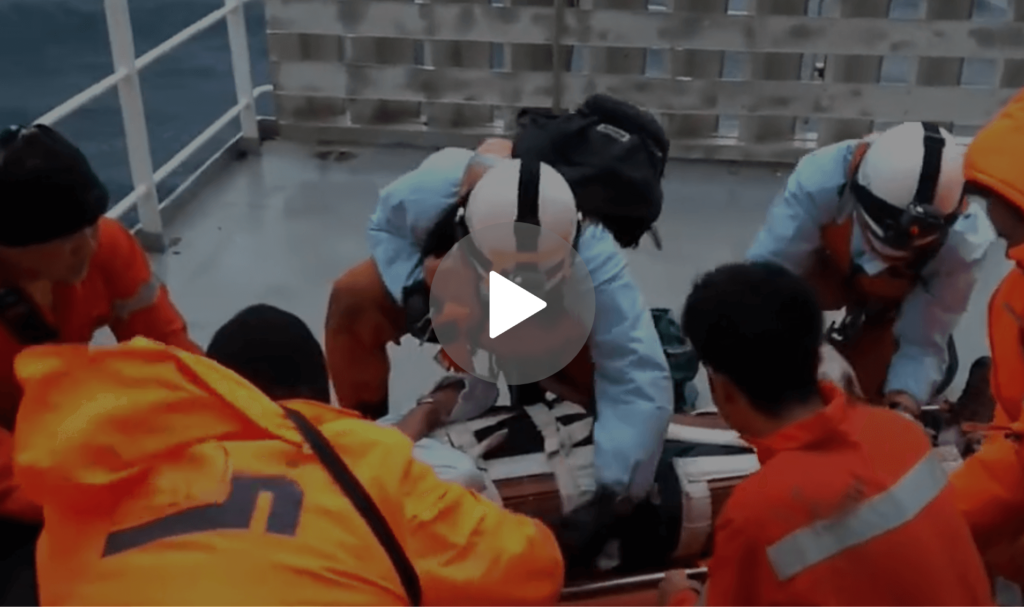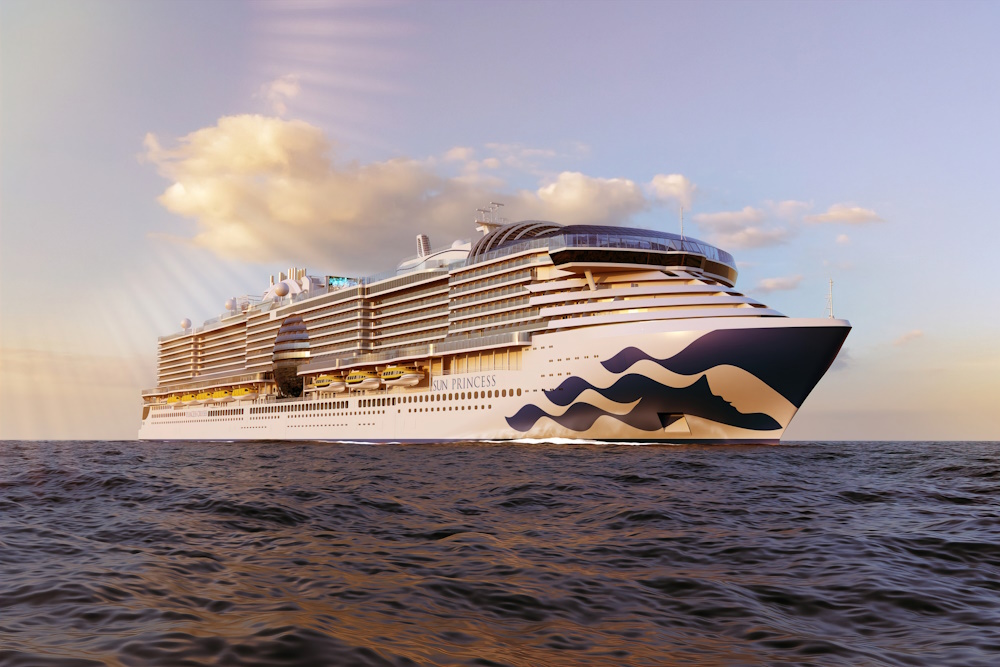Why Are Cruise Ship Emergency Codes Used?
Cruise ship emergency codes are essential for maintaining safety and order on board. These codes serve several crucial purposes:
- Clarity and Speed: Emergency codes provide a quick and clear way for crew members to understand the nature of an emergency. This allows for faster and more coordinated responses, which is vital in crisis situations.
- Avoiding Panic: Announcing specific emergencies directly to passengers can cause widespread panic. By using emergency codes, the crew can manage situations discreetly while keeping passengers calm and ensuring their safety.
- Coordination: These codes facilitate better coordination among different departments and teams on the ship. Each cruise ship emergency code corresponds to a specific protocol, ensuring that everyone knows their role and responsibilities during an emergency.
- Training and Drills: Emergency codes are an integral part of crew training. They enable the crew to conduct realistic drills and ensure preparedness for various emergencies, from medical incidents to fire outbreaks.
- International Standardization: Many emergency codes are standardized across the maritime industry. This standardization allows crew members from different ships or nationalities to work together seamlessly in emergency situations.
Common cruise ship emergency codes include:
- Code Alpha: Medical emergency
- Code Bravo: Fire on board
- Code Oscar: Man overboard
- Code Delta: Damage to the ship or flooding emergency
- Code Echo: Security threat
- Code Papa: Pollution or spillage
- Code Sierra: Request for a stretcher team
These Emergency codes help maintain a safe and controlled environment on board, ensuring that both crew and passengers can navigate emergencies effectively.
A better alternative to emergency codes is to use an emergency alert system with clear messages and response options. The response to the emergency will be quicker, and privacy is maintained if only the intended crew members receive a detailed message instead of just the code.
Disadvantages of using Emergency Codes
While cruise ship emergency codes offer numerous advantages for managing safety and security on board, they also come with some potential disadvantages:
- Miscommunication: Inadequate training or unfamiliarity with the emergency codes among crew members can lead to confusion and miscommunication, resulting in delays or incorrect responses during emergencies. An app based emergency response system eliminates this problem since the message is presented in clear text.
- Training and Consistency: Ensuring that all crew members, especially those from diverse backgrounds and languages, fully understand and remember the Emergency codes can be challenging. Any inconsistencies in training or code interpretation can cause significant problems.
- Limited Scope: Predefined emergency codes might not cover every possible situation that could arise on a cruise ship. Unusual or unexpected emergencies might not have a specific code, complicating effective communication.
- Passenger Awareness: If passengers become aware of the cruise ship emergency codes, especially through social media or other means, the primary purpose of preventing panic can be undermined. Passengers might react negatively if they recognize a code associated with a serious emergency. A better solution is to use an emergency alert system were only the intended crew members get the message.
- Complexity in Multilingual Environments: On international cruises, language barriers can make it difficult to ensure all crew members fully understand the emergency codes, leading to potential errors in the emergency response.
- Over-reliance on Codes: Relying too heavily on cruise ship emergency codes can sometimes mean that important details are not communicated effectively. In some cases, more specific information might be necessary for a proper response, and codes alone might not convey enough detail.
- Updating and Standardization: As new types of emergencies or security threats emerge, cruise ship emergency codes need to be updated or added. Ensuring all crew members are kept up-to-date with these changes can be challenging, especially on ships with frequent turnover of staff.
Despite these disadvantages, the use of Emergency codes remains a critical part of maritime safety, and the benefits generally outweigh the potential drawbacks. Effective training, regular drills, and clear communication can mitigate many of these issues.


